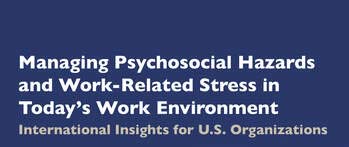Return to Office demands miss the point
This week a colleague told me that the return to the workplace demands by companies is the most significant issue for 2023. Perhaps, but it is no longer a significant occupational health and safety (OHS) challenge. The directions of company executives are couched in terms of productivity and management comfort. A short while ago, the …







